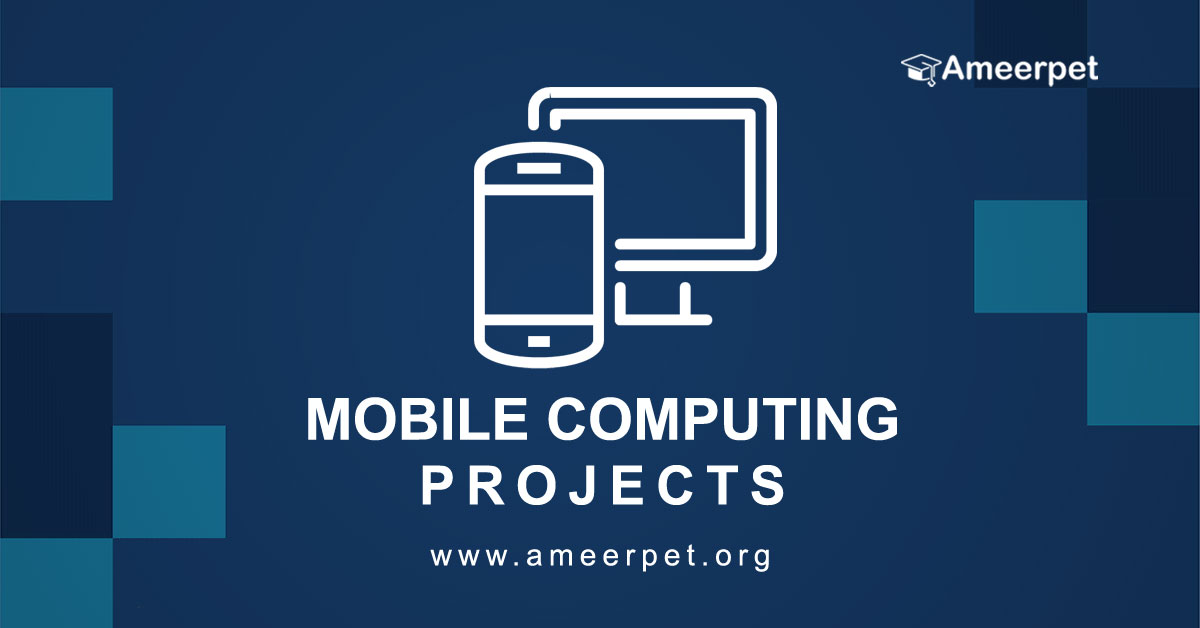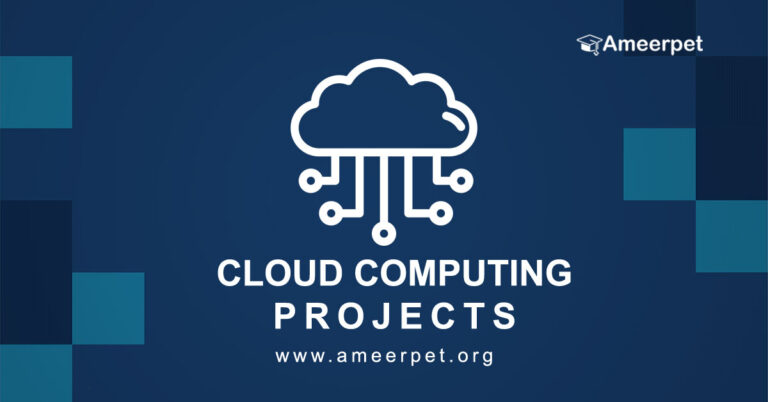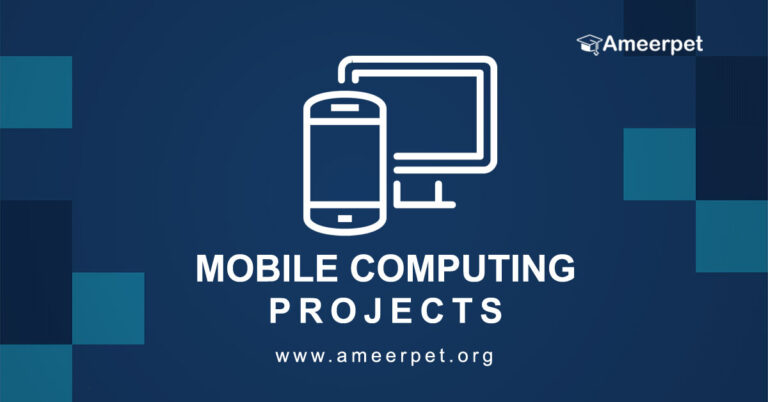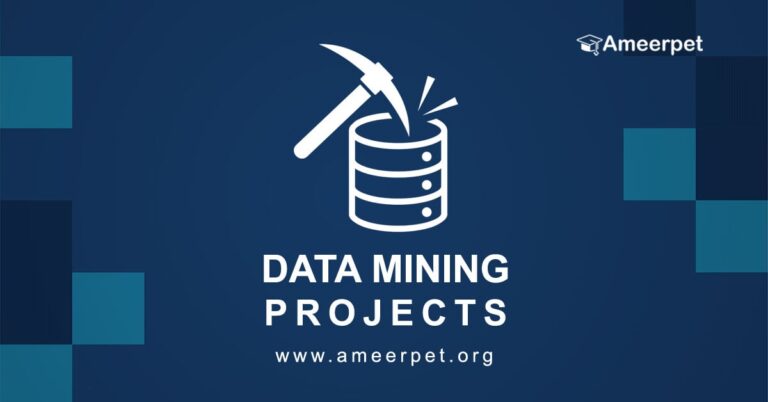
Abstract:
User mobility prediction is widely researched. Many studies have used algorithms to predict where users will go based on their contexts and trajectories. Most studies target specific predictions.
While successful cases are often reported, few discussions have been done on what happens if the prediction targets vary: whether coarser locations are easier to predict, and whether predicting the immediate next location on the trajectory is easier than predicting the destination.
While spatiotemporal tags and content information are commonly used in current prediction tasks, few have used finer-grained, on-device user behavioral data, which are supposed to be more informative and indicative of user intentions.
This project analyzes mobility prediction using a large real-world dataset with lots of contextual information. We conduct extensive experiments using a Markov model, two recurrent neural network models, and a multi-modal learning method to study the predictability and efficacy of different target granularities and signals. The results illuminate real-world mobility prediction by showing what and how to predict.
Note: Please discuss with our team before submitting this abstract to the college. This Abstract or Synopsis varies based on student project requirements.
Did you like this final year project?
To download this project Code with thesis report and project training... Click Here


